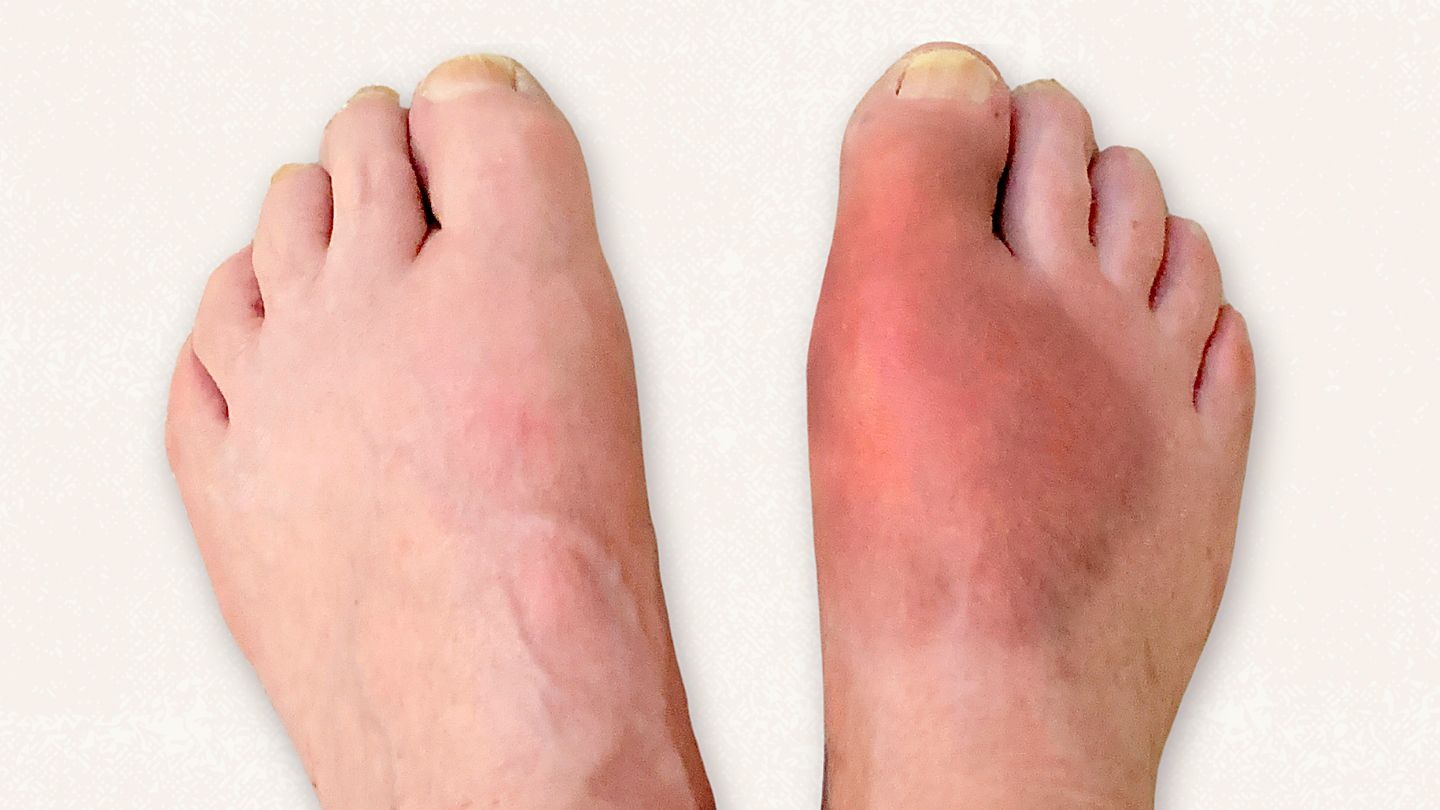In today’s healthcare landscape, accurate insurance coverage is vital for ensuring that patients receive the treatment they need without unexpected financial burdens. One of the key components in securing this accuracy is the medical insurance eligibility verification process. An effective verification system is crucial for healthcare practitioners to authenticate a patient’s insurance status and ensure the treatment is reimbursed by their insurer. Let’s explore the role of Medical Insurance Eligibility Verification system in providing accurate coverage.
What is medical insurance eligibility verification?
Medical insurance eligibility verification is the procedure via which healthcare professionals authenticate a patient’s coverage details before delivering services. This verification ensures that the patient is covered for the precise medical treatments they seek, helping to avoid claim denials, billing errors, and avoidable out-of-pocket costs for patients. These systems verify the benefits contained under the plan, find the extent of coverage, and check whether a patient’s insurance is active.
The importance of accuracy in eligibility verification
- For patients as much as for healthcare providers, accurate eligibility verification is essential. For healthcare practitioners, validating the specifics of a patient’s coverage helps decrease administrative hassles, avoid costly errors, and streamline billing processes. Without verification, a provider could offer services that are not covered by the patient’s insurance, leading to financial losses and delays in reimbursement.
- For patients, precise verification guarantees that they are not subjected to surprise medical expenses for procedures they thought were covered. If an insurance issue occurs after treatment, it could lead to substantial financial hardship or delays in accessing critical care. Thus, an accurate verification mechanism lets patients feel certain that their insurance will cover their medical bills.
How medical insurance eligibility verification systems work
- Today’s medical insurance eligibility verification methods are increasingly computerized and connected with health information systems. These systems generally leverage real-time data from insurers to provide rapid feedback on a patient’s coverage status.
- Modern systems might also provide extras, including warnings for changes in patient coverage, interaction with billing and coding systems, and automatic reminders for re-verification. By means of process simplification, healthcare professionals guarantee accurate records and prevent expensive billing errors.
One cannot overestimate the significance of Medical Insurance Eligibility Verification system. These systems guarantee that medical professionals have the right knowledge regarding the insurance coverage of a patient, therefore permitting correct invoicing, lower administrative expenses, and guaranteed patient receiving of the necessary treatment. The demand for automated, precise verification solutions will keep rising as healthcare systems get more complicated, therefore helping providers and patients by guaranteeing seamless and efficient insurance coverage.





